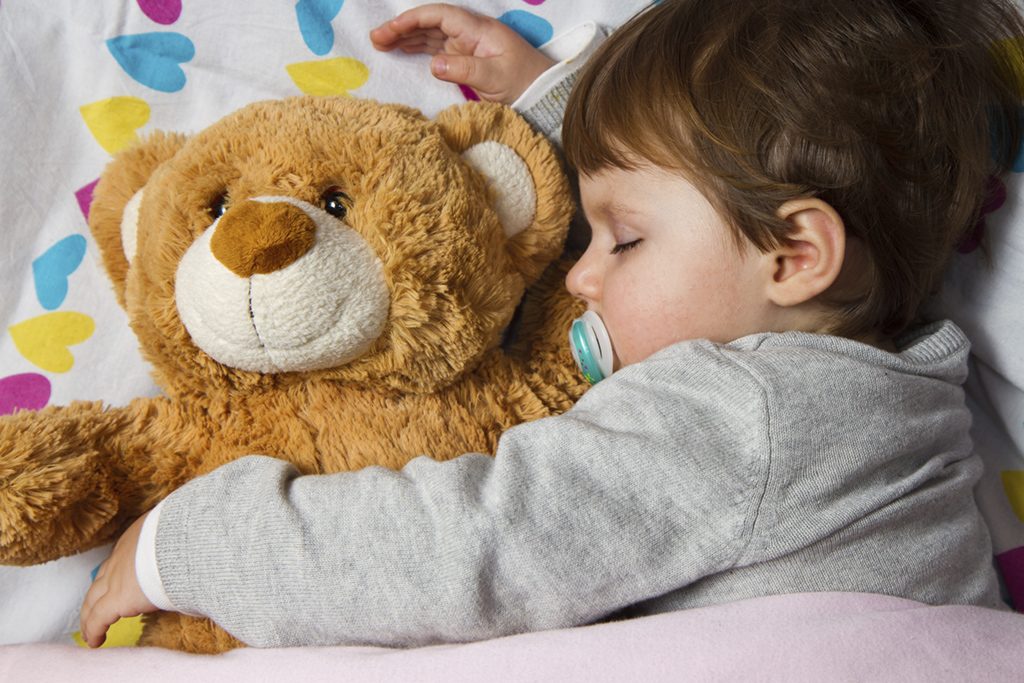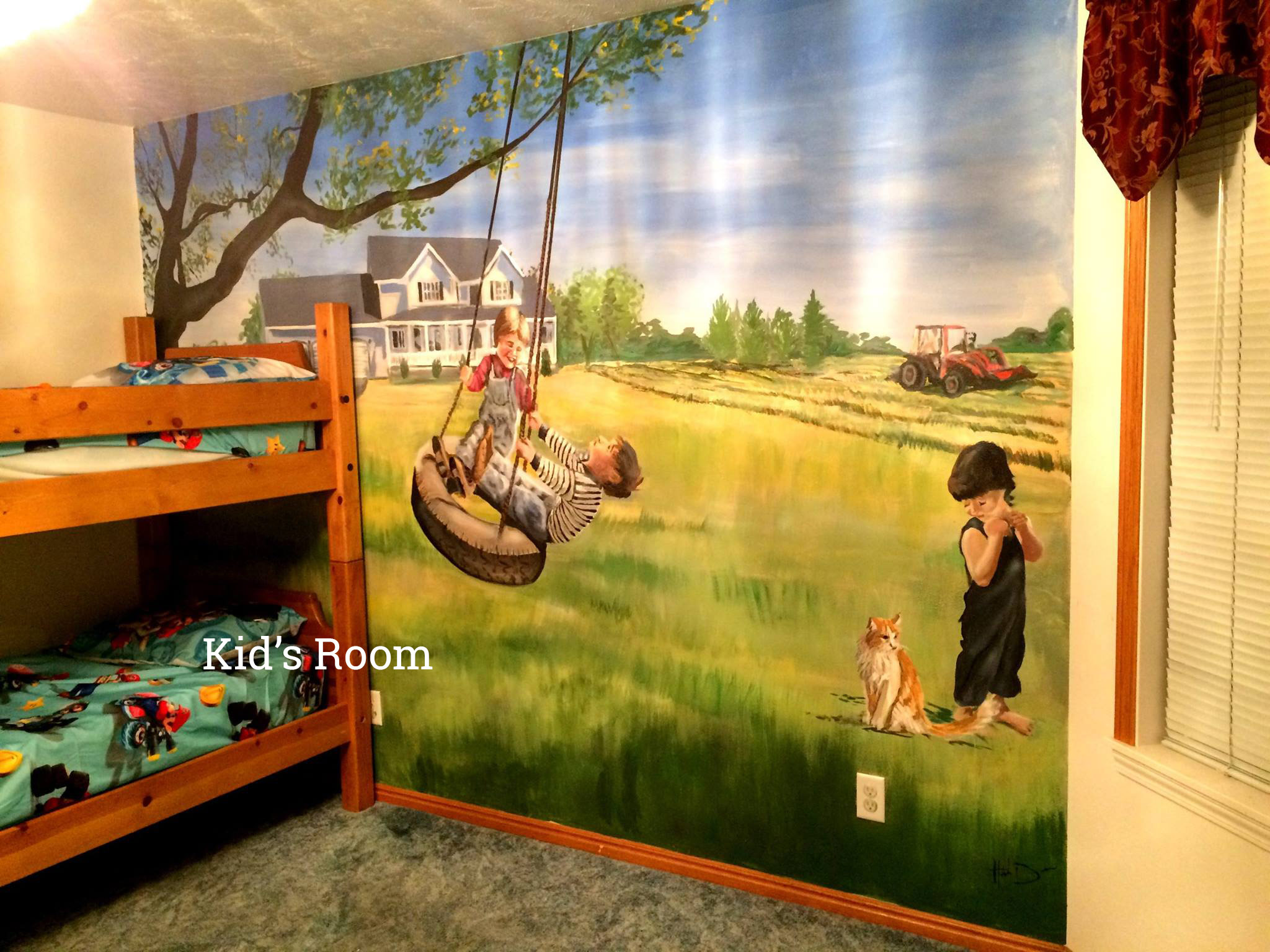Respite Care
I am a licensed Foster Parent and Respite Care provider through the Idaho Department of Health and Welfare for Foster Children aged 2 to 10 years old. Respite care must be arranged through your Social Worker.
Once Respite Care has been arranged by your Social Worker, please fill out the Respite Care Information Form.
 I want to provide Respite Care with the least amount of trauma for the child as possible. I am more than happy to visit the child in your home and introduce myself, bring the child to my home and show them around prior to respite care, and/or even spend time with the child so they can get to know me before the respite care.
I want to provide Respite Care with the least amount of trauma for the child as possible. I am more than happy to visit the child in your home and introduce myself, bring the child to my home and show them around prior to respite care, and/or even spend time with the child so they can get to know me before the respite care.
If possible send child with a stuffed animal and/or blanket from home. No need to pack any clothing as we keep every size on hand. This makes packing easy for you and makes sorting out what we need to send home much easier for us.
(Note: Do not send any electronic devices or toys!)

With our foster kids we use:
Bottom Up Parenting
Many foster parents find that traditional parenting methods like consequences and punishment just don’t work for improving behavior in foster kids. The more foster parents chip away at unwanted behavior the more bad behavior seems to surface. A more effective method is to look beneath the surface for the things that are causing the unwanted behavior. We try to determine and fulfill the needs of each child, help with their emotions and teach self-regulation and look for and work on triggers. By working on these things we can help unwanted behaviors to improve.
The 5 Love Languages for Children
I have found using the 5 Love Languages very helpful in building trusting relationships with children, attachment and bonding. Over time we can determine which Love Language is most effective for a particular child. The 5 Love Languages are Words of Affirmation, Acts of Service, Receiving Gifts, Quality Time and Healthy Touch. Using these languages we can communicate our care and love to foster children and build trusting relationships.
Alert Program (self regulation)
“How Does Your Engine Run?”® The Alert Program® for Self-Regulation was developed by two Occupational Therapists in the United States and is now taught and used internationally! This program teaches children that their engines can run in high, low and just right and that all speeds are good but sometimes we need to be in a certain speed to get the job done. The Alert Program® provides children with the language and concepts to start the process of self-regulation. It teaches them strategies to help the change their engine speed so they can listen, learn and participate.
TBRI (Trust Based Relational Intervention)
TBRI® is an attachment-based, trauma-informed intervention that is designed to meet the complex needs of vulnerable children. TBRI® uses Empowering Principles to address physical needs, Connecting Principles for attachment needs, and Correcting Principles to disarm fear-based behaviors. While the intervention is based on years of attachment, sensory processing, and neuroscience research, the heartbeat of TBRI® is connection.
Emotion Coaching
A 5-step method that builds emotional intelligence and creates positive, long lasting effects for children. It supports kids through life’s ups and downs in a way that builds confidence and helps them grow socially, emotionally, and intellectually. Researchers have found that even more than IQ, a child’s emotional awareness and ability to handle feelings will determine his or her success and happiness in all walks of life. This program was developed by Dr. John Gottman and Dr. Julie Gottman.

